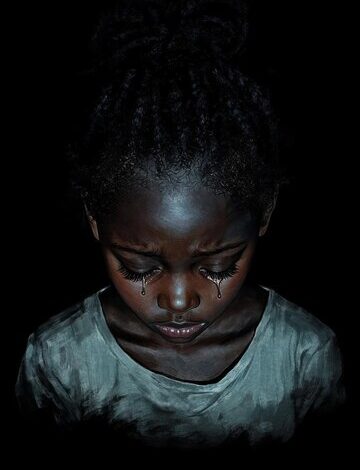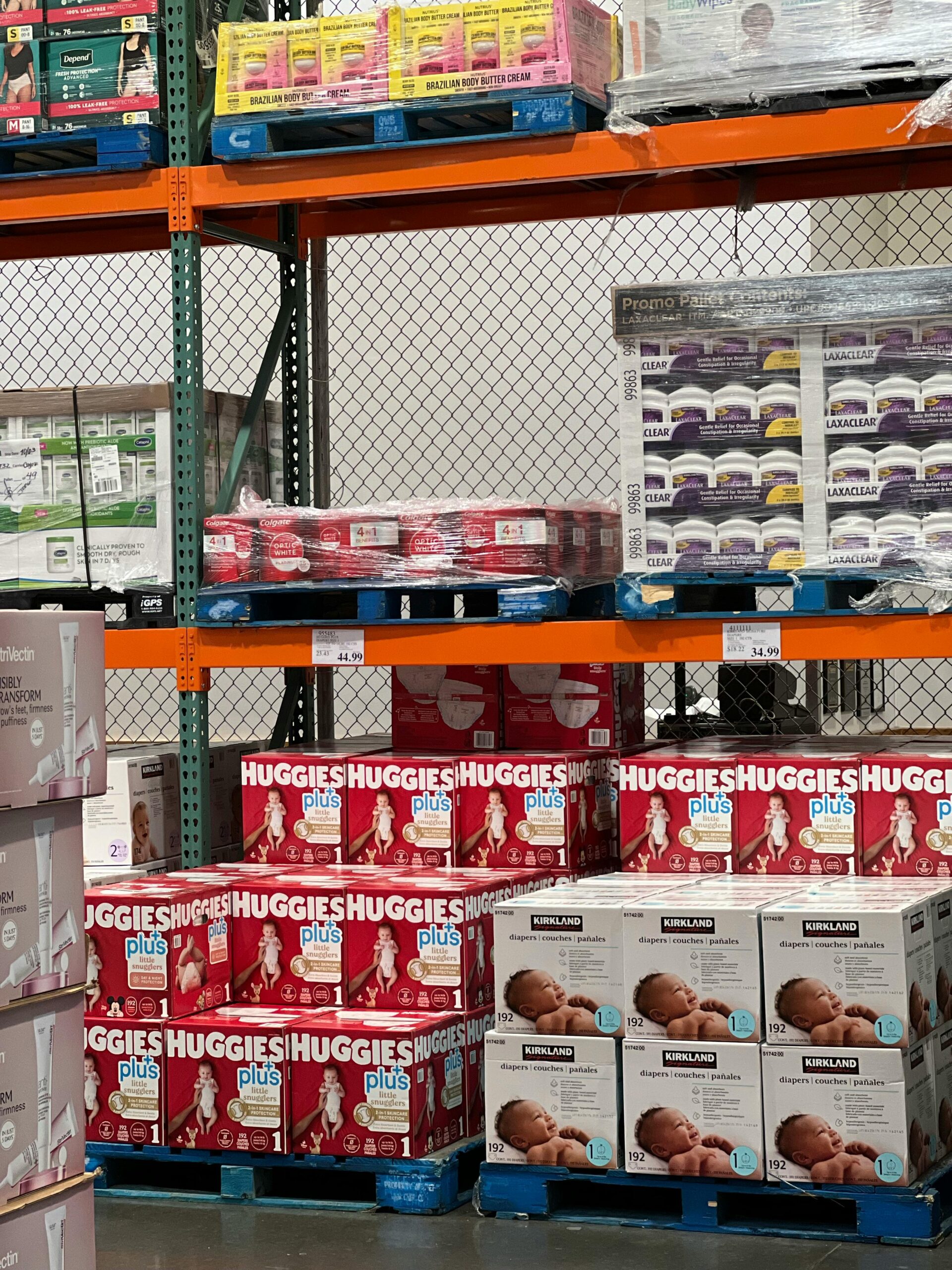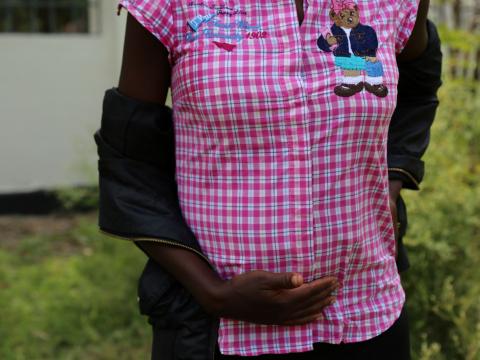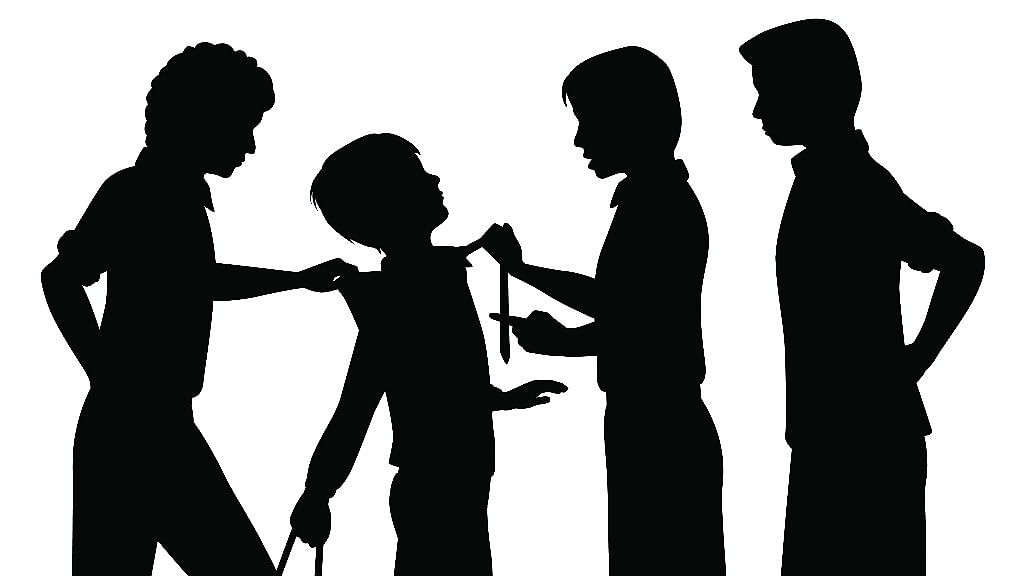The Words That Stick: How Childhood Labels Shape Self-Perception

In many African households, especially in the traditional setups, a common form of discipline involves harsh words, often thrown around without much thought.
Most of us can recall hearing phrases like, “Muone, sura mbaya!” simply put, ugly one, or, “Shame on you!” whenever we misbehaved as children.
For many parents, especially mothers, this was considered a tough but necessary way of keeping their kids in line. It was believed that these stern remarks would correct behaviour, teach respect, and instill discipline.
However, what might have seemed like harmless words at the time often did more harm than good. The weight of those labels – kichwa kubwa, London (used to refer to someone with a large head), or being called names based on appearance – can leave lasting scars that children carry into adulthood.
The truth is, many of these words crossed the line into body-shaming, without parents even realising it.
As children, we might not fully grasp the meaning behind these names. We may even laugh along, brushing them off. But as we grow older and develop self-awareness, those words begin to sting more.
 The nickname that once seemed funny starts to echo in the back of the mind. You begin to view yourself through the lens of those labels, questioning your appearance, self-worth, and identity.
The nickname that once seemed funny starts to echo in the back of the mind. You begin to view yourself through the lens of those labels, questioning your appearance, self-worth, and identity.
The hidden impact of childhood labels
Many children who grow up being teased for their physical appearance or ridiculed with harsh words by their parents unknowingly internalize those labels.
It’s not always obvious, but those words have a way of sticking.
For instance, a child constantly called kichwa kubwa may grow up believing there’s something wrong with their appearance, even if no one else sees it that way. The damage is done quietly, over time.
Children who are constantly shamed for how they look or who are frequently criticized may start to feel less confident in themselves.
They begin to associate their worth with these hurtful words. This isn’t just about physical appearance – it affects how they relate to others, how they express themselves, and how they view their value in the world.
A simple joke about someone’s head or body can turn into a deep-rooted insecurity that shapes their relationships, career choices, and self-esteem as adults. And because these experiences happen at such a young age, many don’t even realize the long-term impact it has on their mental health until much later.
It’s important to recognize that many parents didn’t intend to harm their children with these words.
In the African context, the concept of “tough love” was widely accepted.
Parents believed they were helping their children by being hard on them. However, as more studies on emotional intelligence and child development emerge, we are learning that harsh words often do more damage than good.
Words are powerful. They have the ability to uplift or tear down.
In moments of frustration, it’s easy for parents to lash out with harsh words, but we now know that using hurtful language as a form of discipline can negatively impact a child’s emotional well-being.
Breaking the cycle
It’s crucial for today’s parents to understand the long-lasting effects that words can have on their children.
Instead of relying on insults or shame, parents can foster a supportive environment where children are disciplined with respect.
 Correcting behavior doesn’t have to come at the expense of a child’s self-esteem.
Correcting behavior doesn’t have to come at the expense of a child’s self-esteem.
Parents need to be more conscious of their words and the way they communicate, especially when emotions run high.
Children can be disciplined in a way that shapes their character without tearing down their confidence.
Constructive criticism, encouragement, and setting clear boundaries can achieve the same results without leaving emotional scars.
Equally important, for those who have already experienced such hurtful words during their upbringing, healing is possible.
Acknowledging the harm and seeking ways to rebuild self-esteem and self-worth can go a long way in breaking free from those negative labels.
The power of words
In parenting, as in life, words matter. What might seem like a quick reprimand today can echo through a child’s mind for years.
As we grow and learn more about emotional well-being, it’s essential to rethink the way we speak to children. Instead of tearing them down with labels that will stick for life, let’s build them up with words that encourage growth, confidence, and self-love.
Our children deserve better, and it starts with the words we choose to use.








